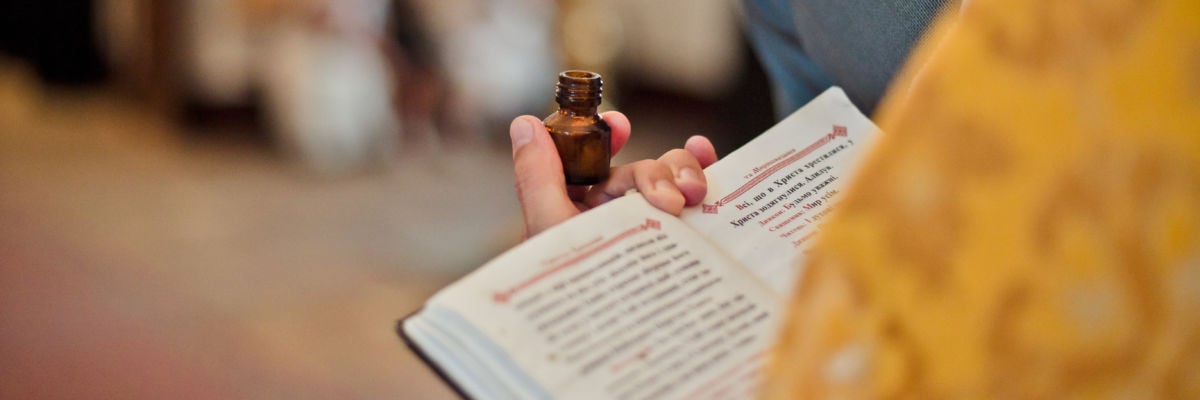
Question:
Answer:
A Catholic is free to use essential oils for such things as cleaning or for therapeutic purposes. Even the Vatican is using essential oils to clean and restore works of art on display outside Vatican museums. Essential oils come from plants. These plants contain aromatic oils that—when properly extracted through distillation (steam or water) or cold pressing—contain the “essence” of the plants, which have been used for centuries for a variety of purposes (e.g., anointing oil and incense, medicinal, antiseptic).
We see examples of their use in Scripture such as in Exodus 30:22-36, Matthew 2:11, John 12: 3, Mark 14:3, Revelation 8:4. The Church uses essential oils like frankincense and myrrh to perfume the incense used in the liturgy, and balsam oil and other aromatic substances in the holy chrism oil for baptism, confirmation, and holy orders.
Unfortunately, New Age spirituality has made its way into the essential oil and aromatherapy market, where these oils are promoted as healing agents that possess particular physical and spiritual healing benefits through “energy alignment” or “centering.” Using essential oils for these reasons is incompatible with Catholic teaching or spirituality. Also, when purchasing essential oils, be mindful of where you purchase them, since many companies who sell these products are associated with New Age spirituality.
Any occult involvement in using essential oils would most likely come from Wiccan and pagan practices that use oils in their rituals and potions.
Church document on the “New Age”: Jesus Christ the Bearer of the Water of Life:
It seems that, for the most part, people are attracted to particular therapies or practices, without going into their background, and others are simply occasional consumers of products which are labelled “New Age.” People who use aromatherapy or listen to “New Age” music, for example, are usually interested in the effect they have on their health or well being; it is only a minority who go further into the subject and try to understand its theoretical (or “mystical”) significance. . . . The “movement” has adapted well to the laws of the market, and it is partly because it is such an attractive economic proposition that New Age has become so widespread. . . . There is always going to be a way of profiting from people’s perceived spiritual needs. . . . What is offered is often described as simply “spiritual” rather than belonging to any religion, but there are much closer links to particular Eastern religions than many consumers realize.
New Age involves a fundamental belief in the perfectibility of the human person by means of a wide variety of techniques and therapies (as opposed to the Christian view of co-operation with divine grace).


